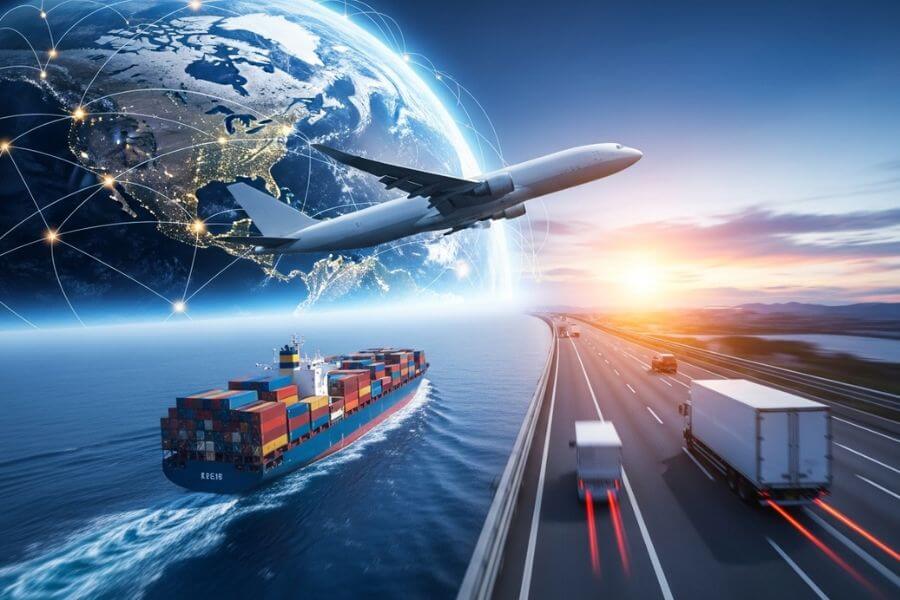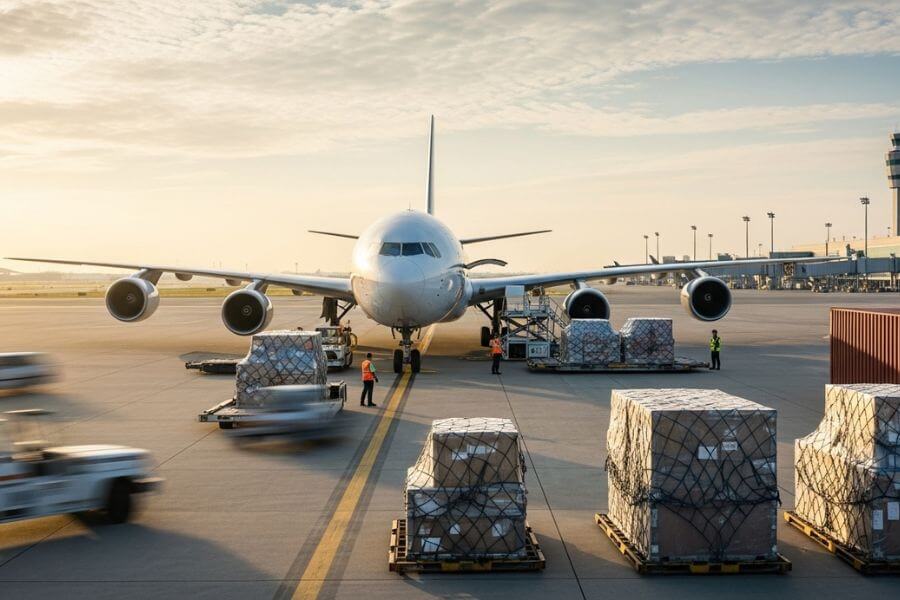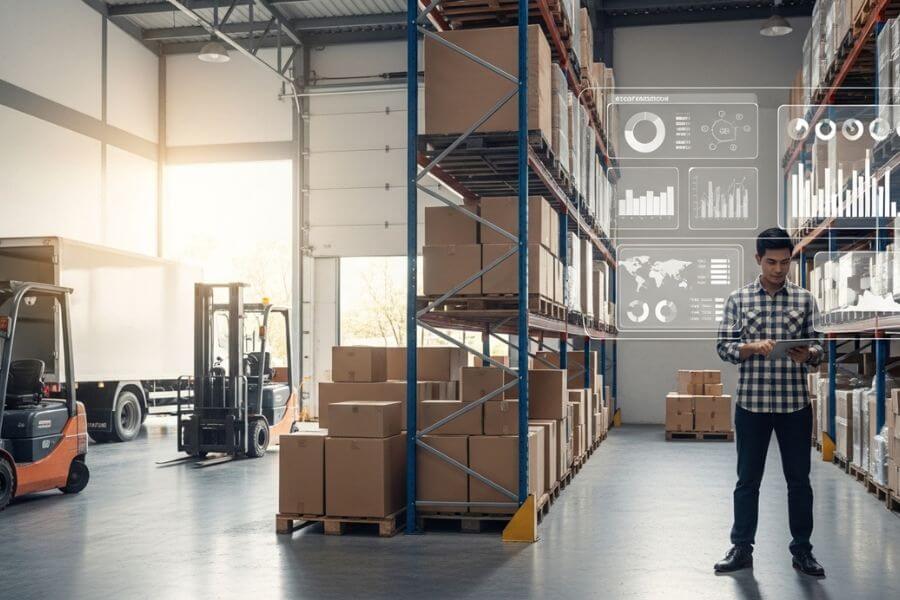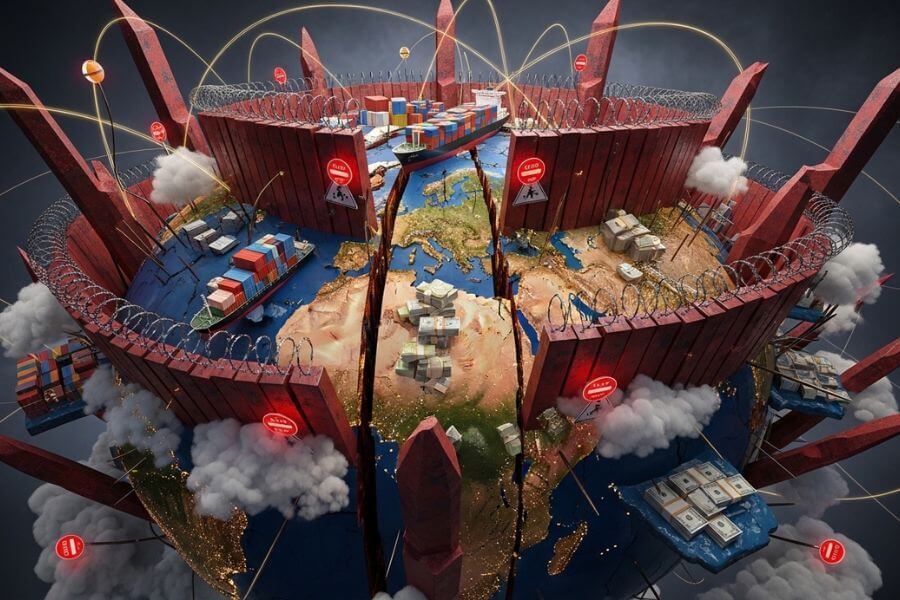Running a business, especially one that involves physical products, comes with its fair share of logistical challenges. From managing inventory and shipping to handling returns and keeping customers happy, the list of tasks can feel endless. This is where a third-party logistics (3PL) provider can make all the difference.
A 3PL partner takes over the logistics side of your business—think warehousing, order fulfillment, transportation, and sometimes even customer service—so you can focus on growth and strategy. But beyond just offloading tasks, a good 3PL partner can solve real business problems that slow you down, cost you money, or frustrate your customers.
If you’re considering outsourcing your logistics but aren’t sure what value it truly brings, here’s a deep dive into 10 key problems a 3PL partner can solve for your business.
1. High shipping costs
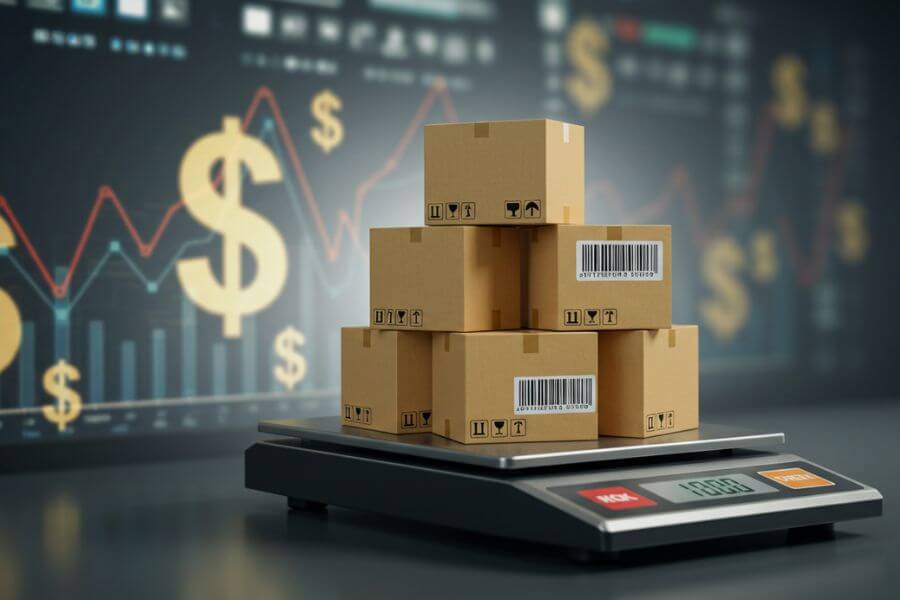
One of the biggest pain points for growing businesses is the rising cost of shipping. Whether you’re sending products domestically or internationally, carrier fees, fuel surcharges, packaging materials, and labor add up quickly. If you’re managing logistics in-house, you’re likely not getting the best shipping rates due to limited volume.
A 3PL partner helps solve this problem by leveraging their scale. Because they manage shipping for many clients at once, they get access to bulk shipping discounts and negotiated rates from major carriers. These savings are passed on to you, helping reduce your shipping expenses. Additionally, 3PLs often use advanced shipping software that finds the most efficient and cost-effective shipping options for each order, giving your business a competitive edge.
2. Limited warehouse space
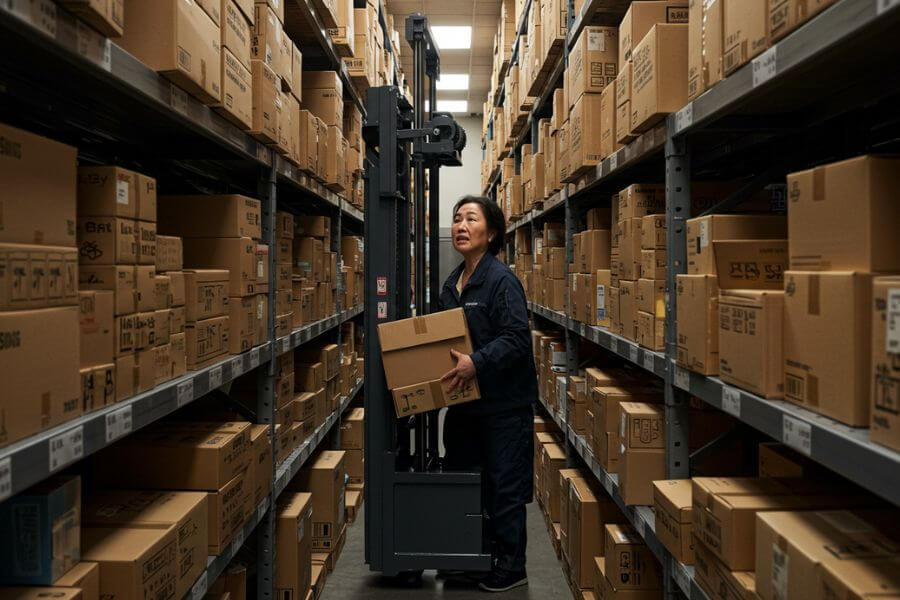
Managing your own warehouse might seem ideal in the early days of your business. However, as your product catalog grows and order volume increases, space becomes a serious issue. You may run out of room to store inventory, or worse, be forced to lease larger, more expensive warehouse space that you don’t consistently use.
A 3PL solves this by offering flexible warehousing solutions. Instead of committing to long-term leases, you pay only for the storage you need. During peak seasons, like the holidays, you can scale up. During slower months, you scale back down. This flexibility means you avoid unnecessary overhead while ensuring your inventory is stored safely and efficiently. Plus, most 3PL warehouses are strategically located to improve delivery speed and reduce shipping zones.
3. Slow order fulfillment
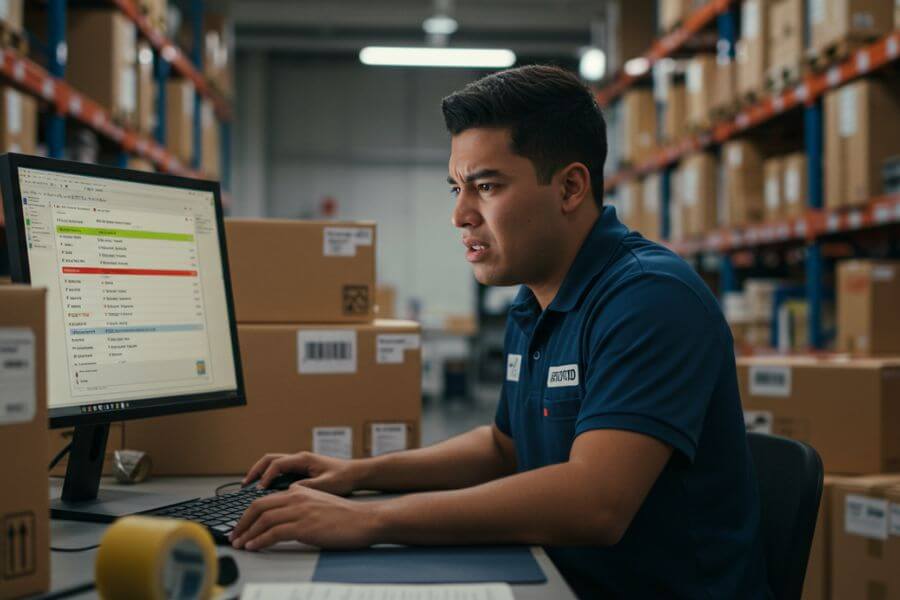
Today’s customers expect fast, accurate shipping. If you’re struggling to keep up with order fulfillment—whether due to staff shortages, high volume, or outdated processes—your customer satisfaction is likely taking a hit. Delays, wrong items, or inconsistent delivery times can damage your brand’s reputation.
A 3PL partner brings operational excellence to the table. With dedicated staff, automation technology, and efficient workflows, they can pick, pack, and ship your orders faster and more accurately than a small in-house team. Many 3PLs also integrate directly with your ecommerce platform (like Shopify, WooCommerce, or Amazon), ensuring seamless order processing and real-time inventory updates. This level of service helps you meet customer expectations consistently, reducing complaints and increasing loyalty.
4. Inventory management challenges
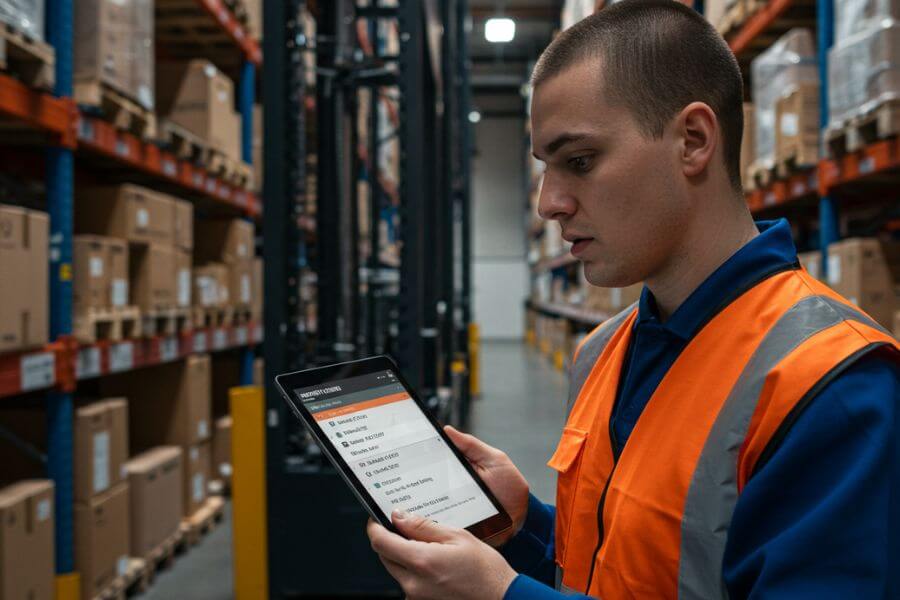
Tracking inventory levels, forecasting demand, and avoiding stockouts or overstock situations can be overwhelming, especially if you’re managing inventory across multiple sales channels. A lack of visibility often leads to costly errors like running out of best-sellers or sitting on unsold stock for months.
3PL providers use advanced inventory management systems that give you full visibility into your stock levels. You can see what’s available, what’s running low, and what’s on the way—all in real time. Many 3PLs also offer predictive analytics to help you forecast demand based on historical data and seasonal trends. This means fewer stockouts, smarter purchasing decisions, and less capital tied up in excess inventory.
5. Difficulty scaling your business

Scaling a business isn’t just about selling more—it’s about delivering more without breaking your operations. As order volume increases, so do the demands on your storage, staffing, technology, and customer service.
A 3PL makes it easier to scale smoothly. Since they already have the infrastructure in place, you don’t need to hire more warehouse staff, rent new space, or invest in expensive equipment to keep up with growth. Whether you’re launching a new product line or expanding into international markets, a 3PL can adjust their services to support your changing needs. This scalability helps you grow with confidence, knowing logistics won’t hold you back.
6. Complex returns management
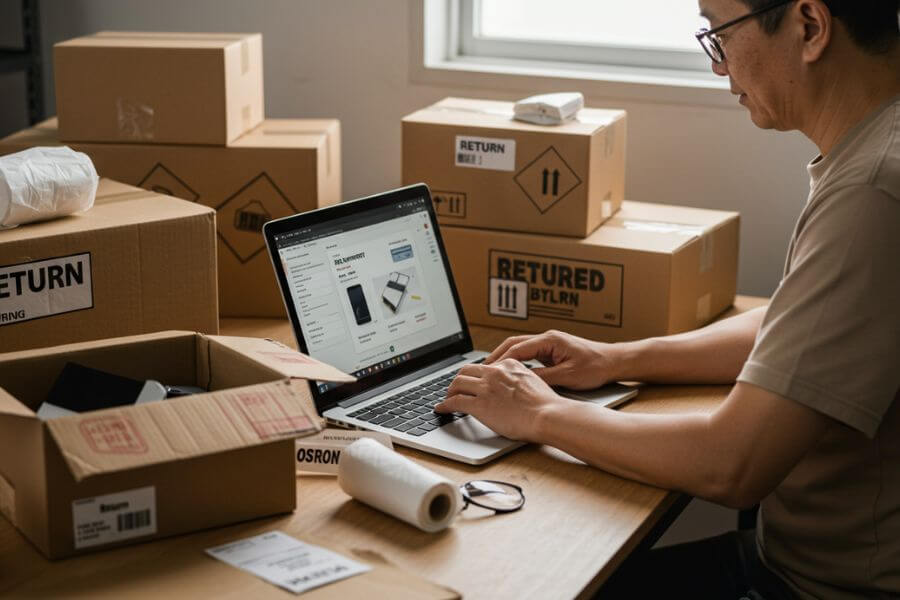
Returns are an inevitable part of ecommerce, and handling them poorly can create friction with customers. Processing returns requires time, clear policies, restocking procedures, and often additional communication with the customer. If not managed efficiently, returns can become a drain on your resources and profits.
A 3PL partner can streamline returns management with reverse logistics solutions. This includes issuing return labels, inspecting returned items, restocking inventory, and even refurbishing products if necessary. Some 3PLs also provide branded returns portals that make the process easier for your customers. By outsourcing this function, you save time, reduce errors, and maintain a professional experience that encourages repeat purchases—even after a return.
7. Technology and automation gaps
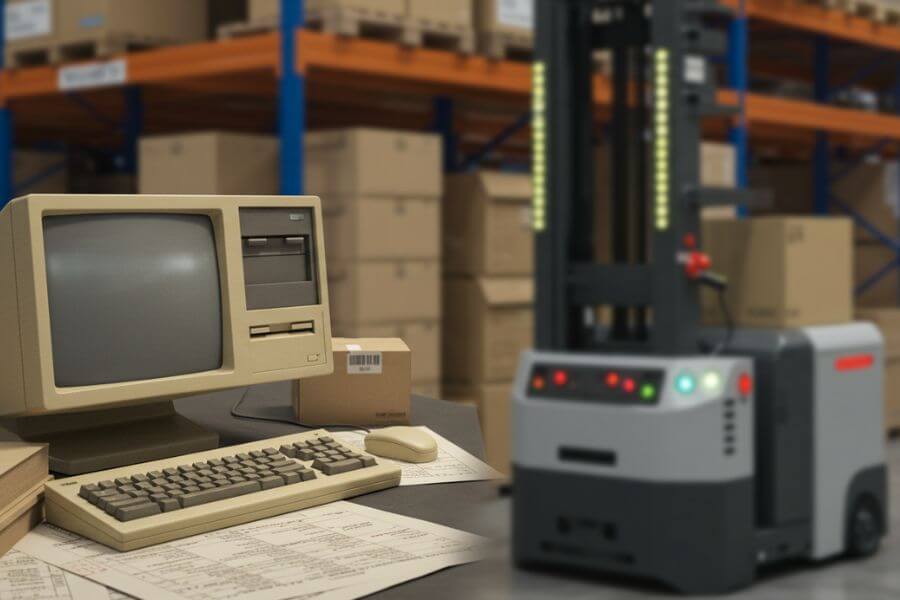
Many growing businesses still rely on manual processes, spreadsheets, or outdated systems to handle logistics. This can lead to errors, inefficiencies, and a lack of visibility. In contrast, modern logistics requires speed, integration, and real-time data to compete effectively.
3PLs bring powerful technology to the table. From warehouse management systems (WMS) to transportation management systems (TMS), they use advanced tools to automate and optimize every step of the supply chain. These systems often integrate directly with your ecommerce store, CRM, and accounting software. You gain better data, faster decision-making, and the ability to track orders and inventory in real-time. In essence, a 3PL becomes a technology partner as much as a logistics one.
8. Regulatory and customs compliance
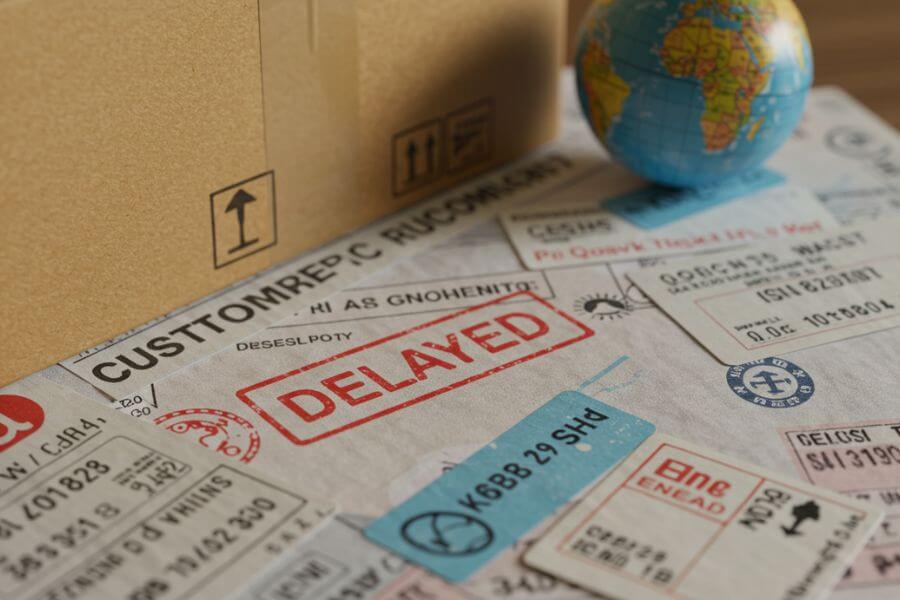
If you’re shipping internationally, navigating customs regulations, tariffs, import duties, and documentation can be a real headache. Mistakes in this area can result in costly delays, fines, or even the seizure of goods.
A reliable 3PL partner with international logistics experience will handle customs compliance for you. They know the ins and outs of documentation, product classification codes (HS codes), tax obligations, and country-specific rules. Whether you’re shipping to the U.S., Europe, Asia, or anywhere else, a 3PL ensures your products move across borders smoothly. This reduces risk, speeds up delivery, and helps you expand into new markets with less friction.
9. Lack of time and focus

Logistics is time-consuming. Managing daily operations, resolving issues, negotiating with carriers, training staff, and troubleshooting warehouse problems can eat up hours of your day. For small business owners and growing teams, this means less time spent on marketing, product development, customer acquisition, or strategic planning.
By outsourcing logistics to a 3PL, you free up valuable time and energy. You’re no longer bogged down in the day-to-day details of shipping and fulfillment. Instead, you can focus on what you do best: building your brand, improving your product offerings, and driving growth. The 3PL becomes an extension of your team, handling the backend so you can stay focused on the front end of your business.
10. Inconsistent customer experience
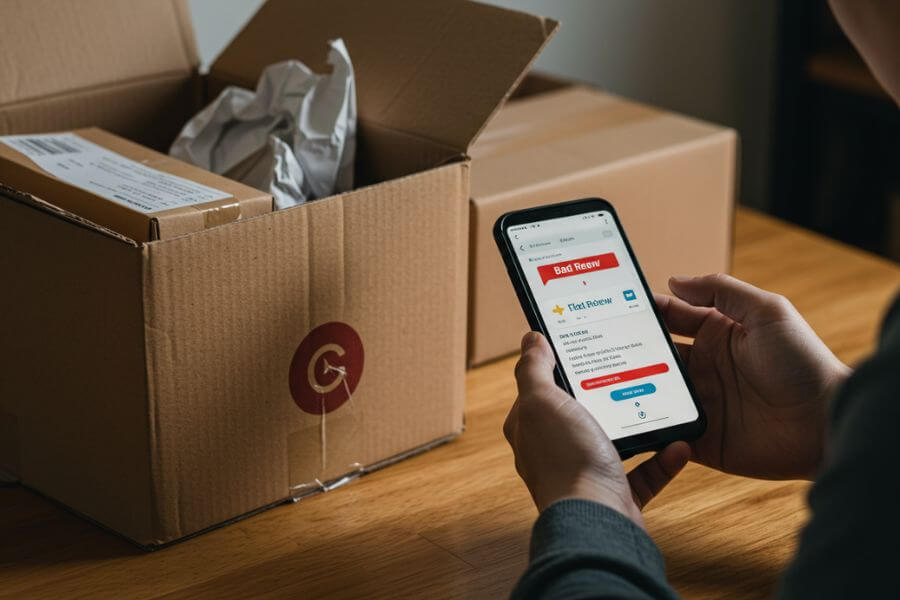
Today’s consumers expect more than just a product—they expect an experience. Fast delivery, accurate orders, branded packaging, easy returns, and responsive support all play a role in shaping their perception of your brand. If your logistics process is clunky, delayed, or error-prone, it can leave a bad impression and hurt your customer lifetime value.
A 3PL helps create a consistent, high-quality experience for your customers. From automated tracking updates and branded packaging options to accurate pick-and-pack procedures and fast delivery times, every part of the process is designed to delight the customer. Some 3PLs even offer value-added services like kitting, gift wrapping, and personalized inserts that help reinforce your brand identity. By improving the post-purchase experience, a 3PL not only boosts customer satisfaction but also drives repeat business.
Conclusion
Not every business needs a 3PL from day one, but if you’re feeling overwhelmed by logistics or are planning to scale your operations, it might be time to explore your options. A 3PL partner doesn’t just ship boxes—they solve real problems that hold businesses back.
From reducing costs and speeding up delivery to improving inventory visibility and simplifying returns, a good 3PL becomes an invaluable partner in your growth journey. More than just a service provider, they act as an extension of your team—helping you serve your customers better, faster, and more efficiently.
As ecommerce competition increases and customer expectations continue to rise, having a logistics expert by your side can make all the difference.








